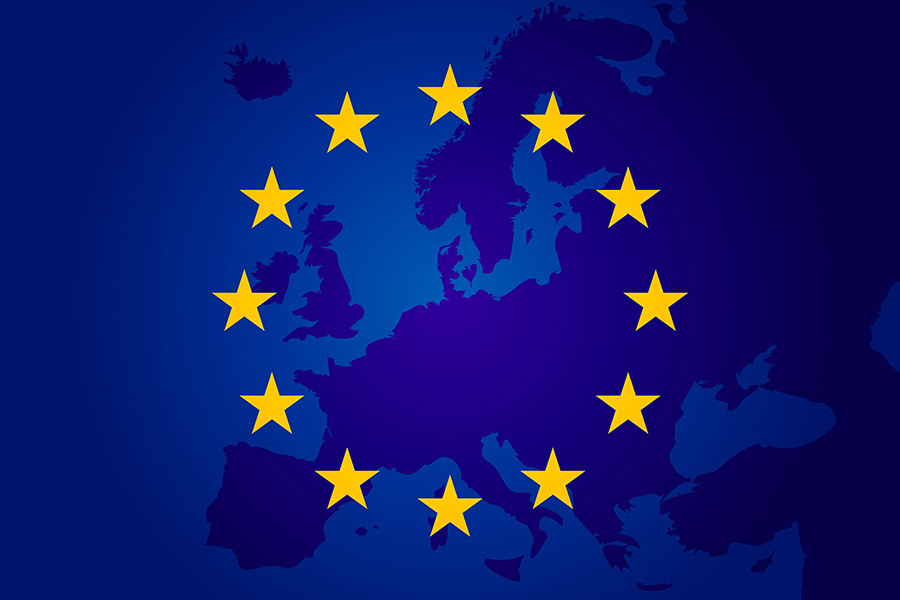A New EU: Unfinished business and priorities for Economic Reform in Europe

October 17, 2019
Pierre Moscovici, European Commissioner for Economic and Financial Affairs, Taxation and Customs
Moderated by John Lipsky, Peter G. Peterson Distinguished Scholar at the Henry A. Kissinger Center for Global Affairs
The European Commissioner for Economic and Financial Affairs, Taxation and Customs, Pierre Moscovici visited the school for a discussion on economic reforms in the European Union. Moscovici traced the evolution of the economic situation in Europe since he took over as Commissioner in 2014, with emphasis on the peculiar Eurozone crisis which reached a peak with the Grexit threat in 2015, the evolving 3-pillar banking union and the challenges in balancing the needs of high-deficit versus high-surplus countries, and the threat of trade wars and ongoing geopolitical tensions.
Moscovici noted that despite a lack of dynamism and a loss of ground in the global economy, the EU is not the 'sick man' of the world but rather remains one of the most open economies working towards consolidating its potential growth and increasing the role of the markets.
The discussion began with the Commissioner’s comments on the new Brexit deal that was announced earlier that same day. Moscovici hailed the outcome as a “fair and reasonable” deal which removes uncertainty and sets the path for the design of the future relationship between the UK and the EU.
Asked about his thoughts on the IMF forecasts on low growth for the euro area and low recovery, Moscovici explained that within the scheme of a potential slow down, the EU economy has recovered substantially since the global financial crisis hit Europe. He stated that the EU needs to increase its investment capacity on issues such as research, education and climate change.
Moscovici shared his perspective on institutional reforms that could make positive impacts on the EU economy. First, he emphasized the importance of establishing a Ministry of Finance for the eurozone with its own budget to provide greater accountability and more democratic control. Second, he asserted that unanimity in respect to tax reform and social affairs is undemocratic and that the EU should move onward to Qualified Majority Voting in order to address tax evasion and achieve better tax harmonization.
View Event Video